Russian opposition figures organised a protest march leading to the Russian embassy in Berlin to mark 1,000 days of war in Ukraine, an event which leaves some Ukrainians with mixed feelings.
1,000 days into the Ukraine war, the anger by many Ukrainians towards Russians is growing, as many believe that not enough is being done on their part to stop the war.
Russian opposition activists Yulia Navalnaya, Ilya Yashin and Vladimir Kara-Murza organised a march against the war in Berlin to mark the occasion, but its participants expressed mixed feelings.
"Russians and Putin's allies are not the same thing,” says Sergei, a Russian, who joined the anti-war march to protest against the war in Ukraine. According to him, it is Putin’s war and not a war of the Russian people.
“The Kremlin's propaganda is trying to do everything to associate the whole nation with this terrorist organisation that has seized power in the country," said Sergei.
He is convinced that "it's not about nationalities at all. Vladimir Putin and his bandits are trying to make a national conflict out of it in every possible way. But in fact, it is just a terrorist organisation, he is just a bandit and that's all it is."
"It can absolutely not be justified. The war is now in its third year and people are still dying. It's just butchery. It's obvious," he adds.
Nevertheless, many Ukrainians say it is wrong to blame Russian President Vladimir Putin alone. They see a collective responsibility for the war on the part of Russia's population.
Lidia, who is originally from Ukraine, initially did not want to attend the anti-war march organised by Russian opposition activists, but her husband convinced her otherwise.
“If people are against the war, I support this,” she says. However, she also believes Russians should take responsibility for the war, which she says they have failed to prevent.
"They are saying that it is not collective guilt. How is it not collective? There are so many of them. They could have overthrown the regime, but they have not taken to the streets. They did nothing," she adds.
In 2014, large crowds took to the streets in Russia to protest against the illegal annexation of Crimea.
Protests in the country were still possible until 2020, but have since been brutally crushed. The Kremlin represses its citizens using the special military police unit OMON, police militia and arrests, all of which have become the norm in Russia today.
Protesters carry Russian flags
During the march, people came with different flags. Some draped themselves in Ukrainian flags, while others brought white-blue-white flags which represent opposition to the Russian invasion of Ukraine.
However, some people came to the protest carrying the national flag of the Russian Federation. While some Russians say they do so in refusal to surrender their national flag to Putin, many Ukrainians see it as a symbol of terror.
"I certainly don't like the tricolour," says Lidia. "I can unequivocally say that the tricolour has destroyed itself. Coming to this march with the tricolour is like bearing Hitler's flag, it is just utterly wrong. You cannot come out with a fascist flag," she explains.
"If it was so dear to them, Russians should have defended it starting in 2022."
'Not our war'
A group of Ukrainians gathered in front of the Russian embassy criticised the lack of accountability within the Russian community.
Halina, a Ukrainian refugee living in Germany, does not believe the war is only Putin’s fault. She feels she does not see any signs of support from the Russian community.
"We organised our demonstration against Russian liberals who are here doing nothing. They are not supporting Ukrainians at all. Today I feel very, very angry at Russians and their wish to disconnect themselves from Putin, because the war in Ukraine is also their responsibility," says Halina.
"I've lived in Germany for two years and this is the first time I see Russians doing a march against 'Putin's war' even though it is their war."
The "not our war" argument is common among prominent opposition leaders. Russian activist Vladimir Kara-Murza, who spent two and a half years in a Russian prison for opposing the war in Ukraine, says he is proud of the resistance movement in Russia.
"I am proud of the fact that so many of our fellow Russian citizens have publicly spoken out against the war of aggression in Ukraine since February 2022," saus Kara-Murza.
"Many have done so at the cost of their personal freedom. We have a record number of political prisoners today. There are more political prisoners in Russia today than in the whole of the Soviet Union in the mid-1980s. And the fastest-growing category of Russian political prisoners are Russian citizens who have publicly spoken out against Putin's war of aggression in Ukraine. And this fact makes me proud," the opposition activist says.
"Let's not forget, it started in the spring of 2014. And almost three years ago, they began a full-scale invasion, the largest military conflict in Europe since the end of the Second World War."
"And all this time, the Kremlin's propaganda is pretending that all Russians support this war of aggression, that all Russians back this regime, and that all Russians back Putin's imperialist operation. To prove this, they rigged the election results," he concludes.
For Kara-Murza, the anti-war march is evidence of Russians opposing the war. "You can fake elections and whatever opinion poll numbers you want. But you cannot fake what we are seeing here today. Just a sea of human faces, of Russians, of Russian citizens who are coming here to say 'this is not our war'."
The march against the war in Ukraine may have been the first collective step the Russian community has taken towards active protest on the issue. However, many Ukrainian people agree that it cannot stop there. More must be done.

 4 months ago
38
4 months ago
38
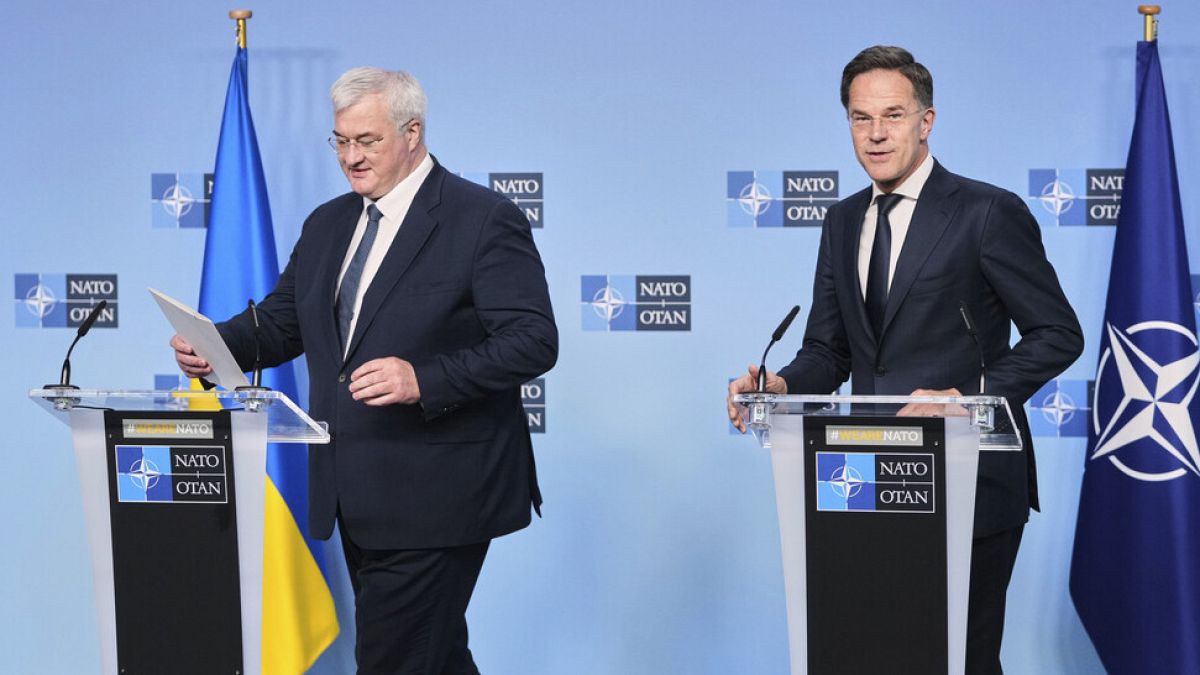
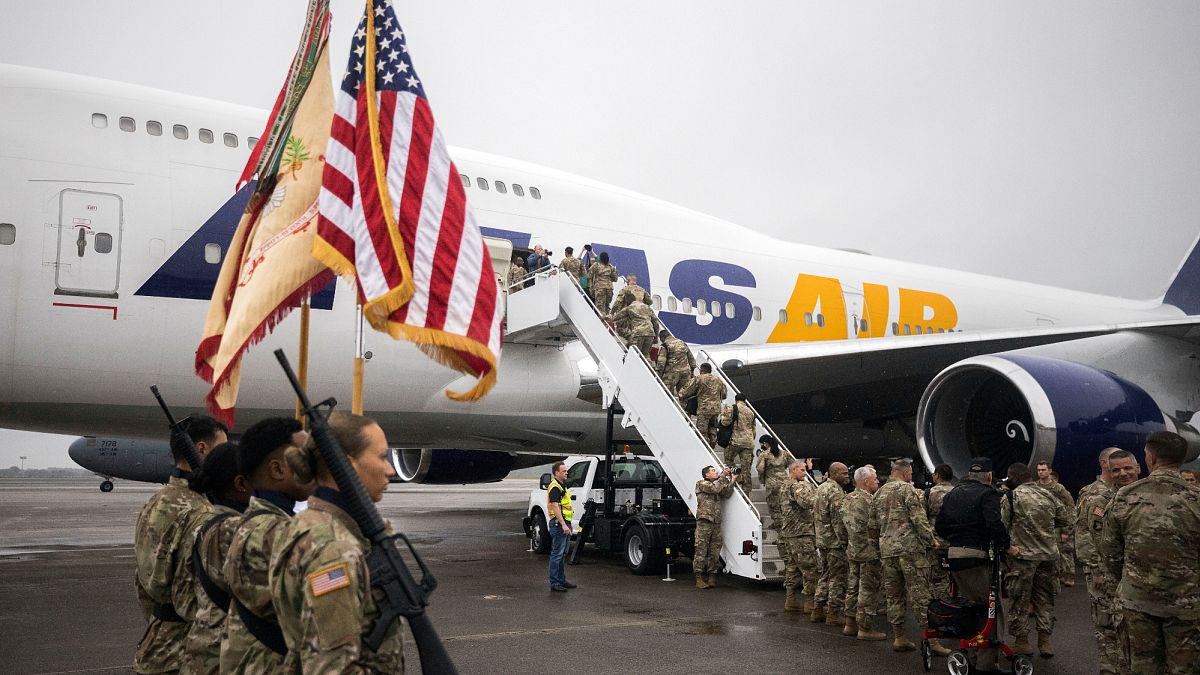
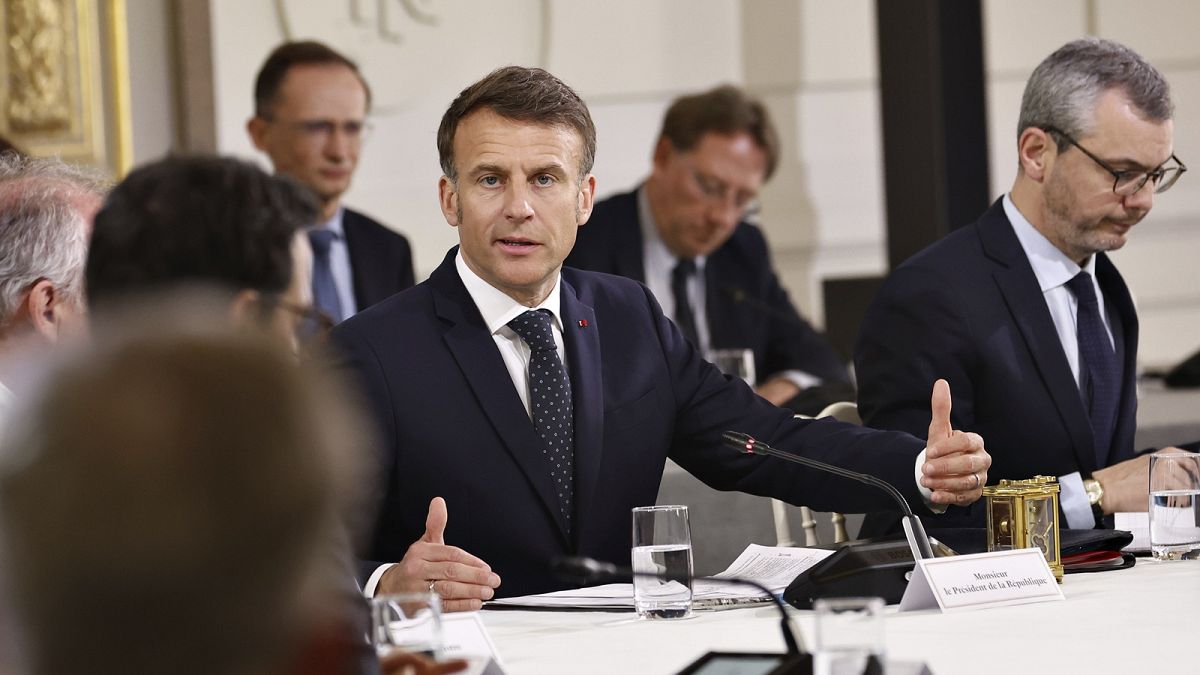
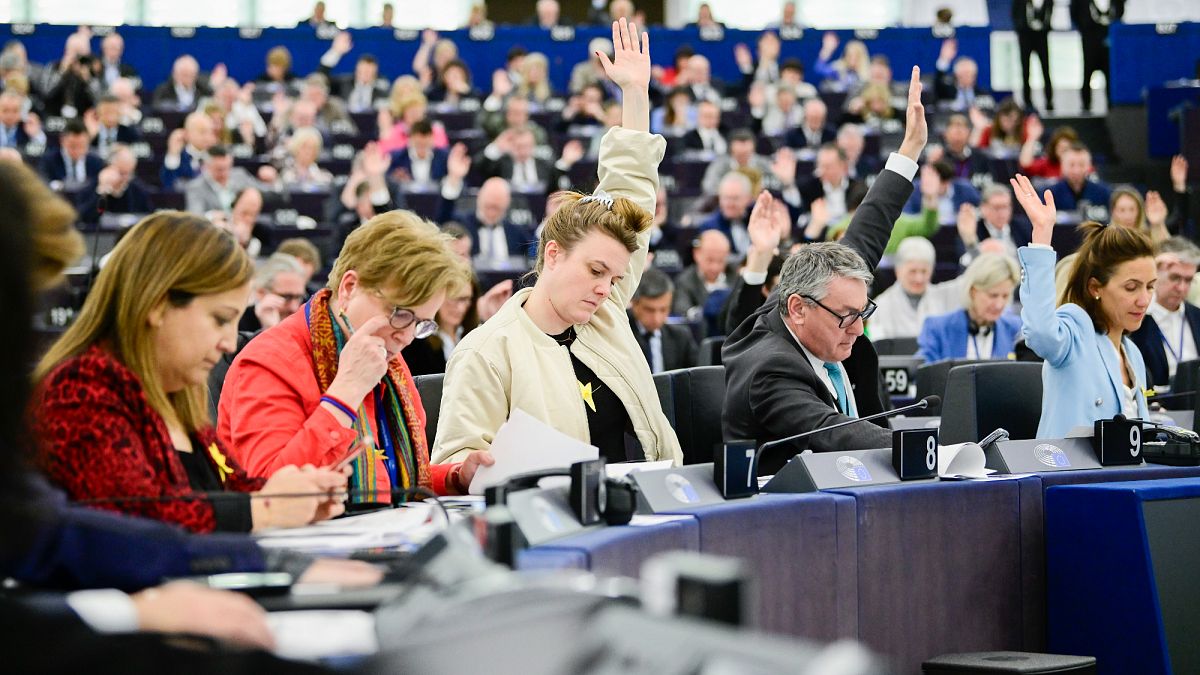
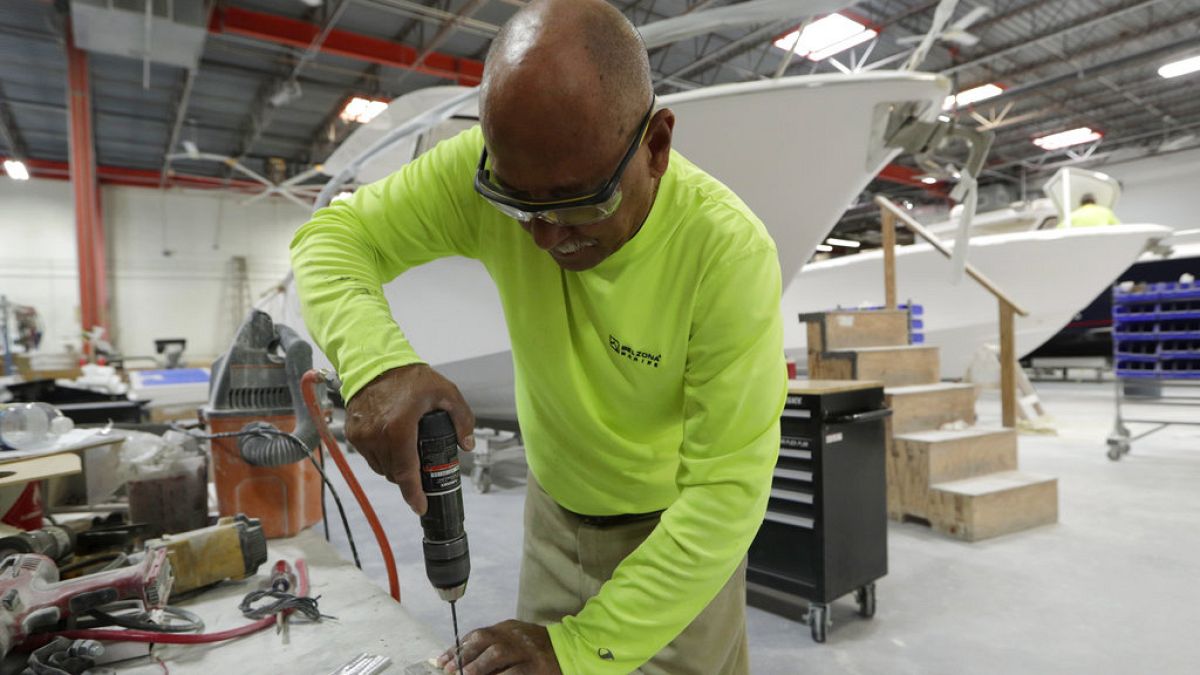
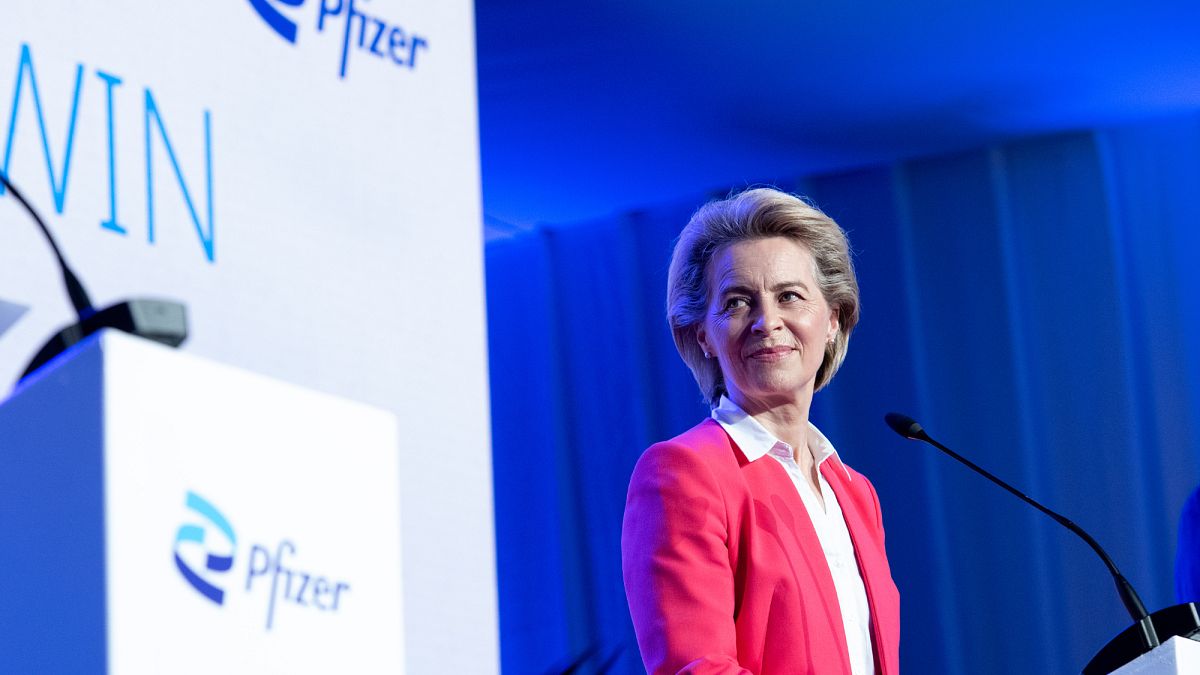
 We deliver critical software at unparalleled value and speed to help your business thrive
We deliver critical software at unparalleled value and speed to help your business thrive






 English (US) ·
English (US) ·